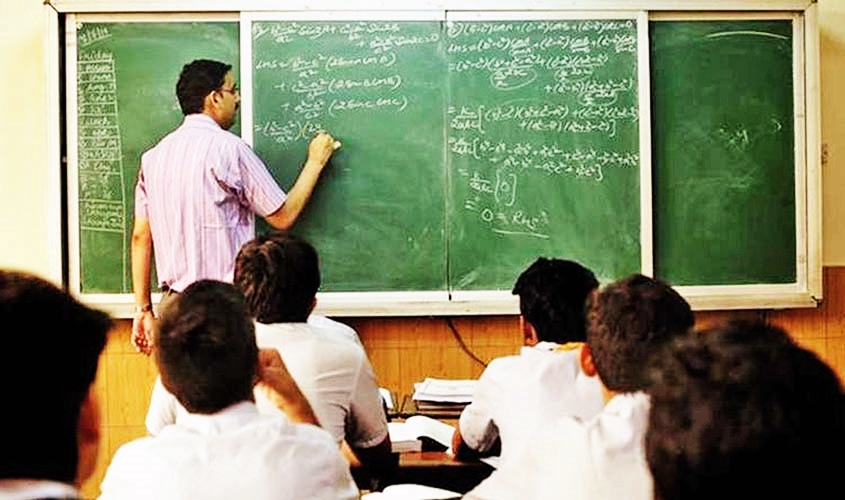How can schools implement New education policy 2020 effectively?
The central government on 29 July 2020 announced the New Education Policy to improve the quality of our education in India. The policy covers elementary education to colleges in both rural and urban areas of India. It has several promises to keep & appears to be timely in several regards but it only depends on how it is implemented.
The National Education Policy (NEP) 2020 is visionary, practical and very comprehensive. It has a wide scope from early childhood to our higher education or professional education to vocational education, teacher’s training to professional education.
It is based on the ground reality of our country’s education system that puts more importance on the creativity, innovation & personality development of the students rather than expecting from students to score high & memorize the content without conceptual understanding.
The curriculum is an consequence of good preparation & rigorous research which depend upon implementation that will minimise the stress on students and also help to reduce the annual school dropout rates & produce skilled personnel who would be self-sustained & in time lead to quality improvement in services.
How schools can change the pedagogical structure
The Class 12 board examination structure has been dropped & new school structure will be 5+3+3+4 which comes as a big relief & would prove revolutionary.
How schools can transform the teaching learning process :-
1. More Focus on core essentials :-
Mapping the curriculum across grades & reduce it to the respective core knowledge only. The more focus will be on practical application based learning.
This will create space for teachers to add more activities related to creative learning and critical thinking skills etc.
2. Stress on the importance of literacy & numeracy skills :-
All schools required to work in these areas to bring a transformation in the teaching strategies, so that these foundational skills can be developed & achieved by Grade 3.
There will need to be more focus at an early age on reading, writing & learning of basic concepts and Introducing innovative teaching would be essential to achieve this.
3. Promoting multilingualism & the power of a language :-
Students till 5th Class in schools should be taught in mother tongue or in local language.
Because young children easily understand things in their mother tongue or in local language. So teachers should be encouraged to be bilingual to achieve best outcomes.
4. Changes in classroom teaching with the National education poloicy (NEP) :-
Moving away from rote learning & memorising to score more marks during exams to actual conceptual understanding and learning.
Schools will have to adopt, top down approach of shifting from syllabus completion to defining learning goals and curate classroom instruction through innovative pedagogy & link assessments to these goals.
5. No hard separations between subjects and disciplines :-
No hard separations & a multidisciplinary educational approach between the arts & sciences students; curricular & extra-curricular activities; academic streams etc will need.
6. Vocational training and coding will start from Class 6 :-
As mentioned in the National education policy (NEP) in which one bagless day can be planned for the hands on learning of the vocational subjects.
But the challenge would be how many vocational subjects are chosen, infrastructural required & teacher availability.
But the challenge would be how many vocational subjects are chosen, infrastructural required & teacher availability.





